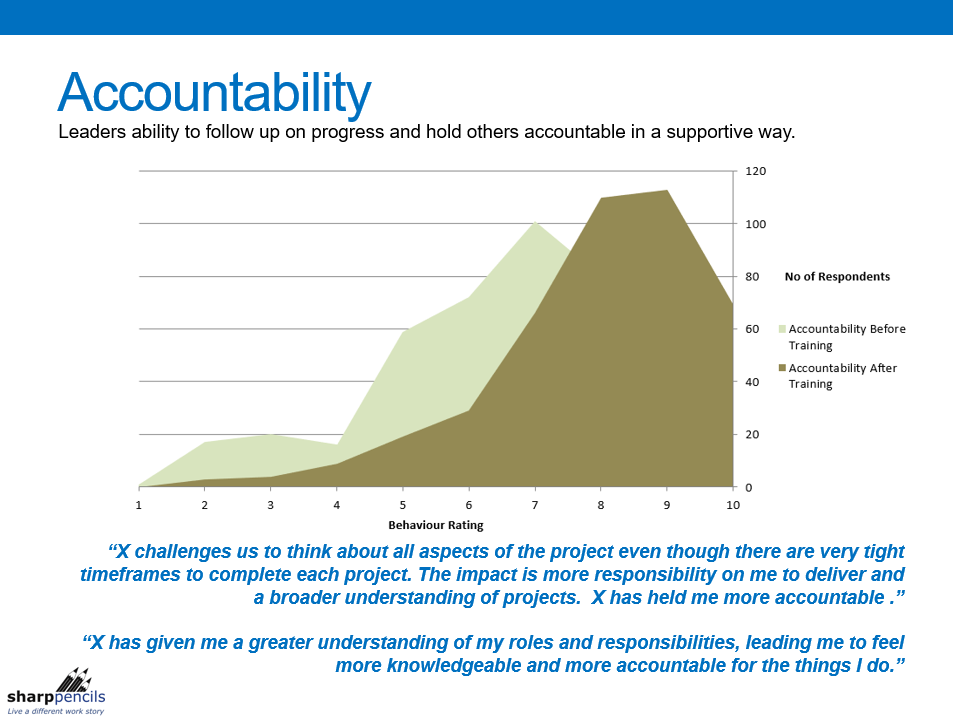When it comes to improving accountability in the workplace, leaders tend to focus on having a “difficult” conversation, provide “constructive “feedback or prepare for a “courageous” conversation.
The very idea of having a conversation along these lines can trigger anxiety, doubt and nervousness. And that isn’t surprising. The purpose of these conversations is to draw attention to performance not up to expected standards. They are conversations designed to hold someone to account and let them know that there is a problem – and it is them. The team member is likely to become defensive, emotional and feel threatened. Without enough clarity, the team member may even be left thinking their employment is at risk. Hardly a recipe for performance improvement.
Coach training provides leaders with the knowledge and skills to have conversations that set others up for success and that help their team members willingly take accountability. In effect the conversations shift from a ‘difficult’ conversation to a ‘motivational’ conversation. A conversation where team members feel empowered. Sharp Pencils measured development of this capability from coach training undertaken with over 150 leaders with one client. The results speak for themselves.
Photo by Mathias Arlund on Unsplash


